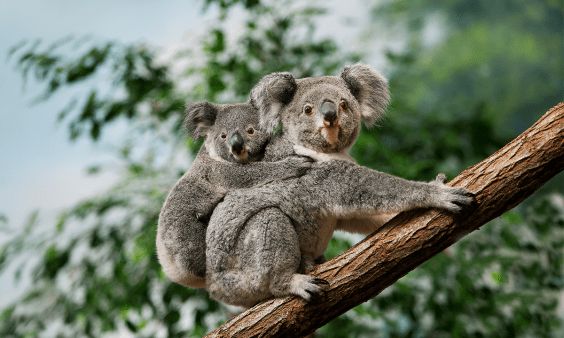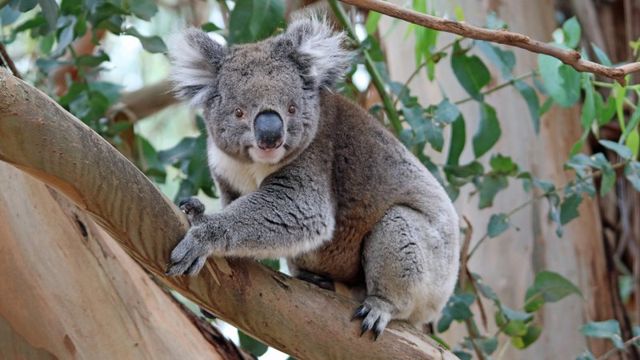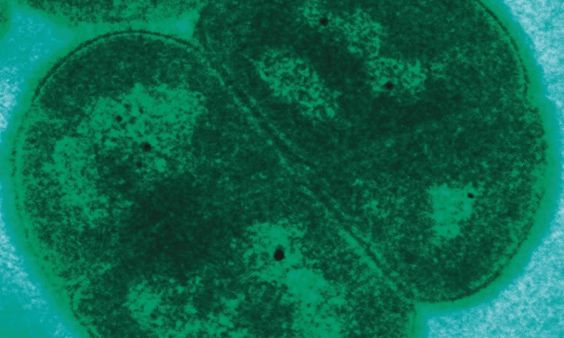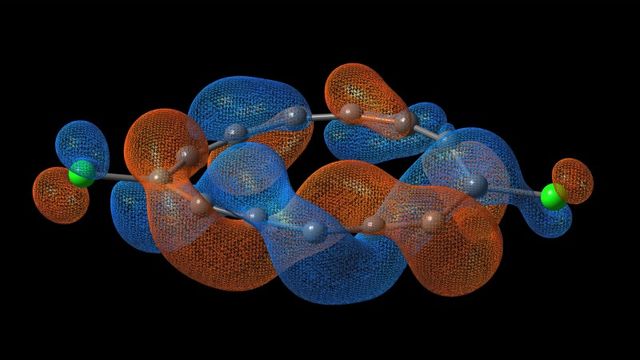How evolution shapes color diversity in coral reef fish
Why does a Caribbean angelfish sometimes resemble its Indo-Pacific cousin, even though they have never lived in the same ocean? Why do coral reefs harbor such a wide range of stripes, spots and patterns? A study conducted by the University of Liège reveals that this explosion










































